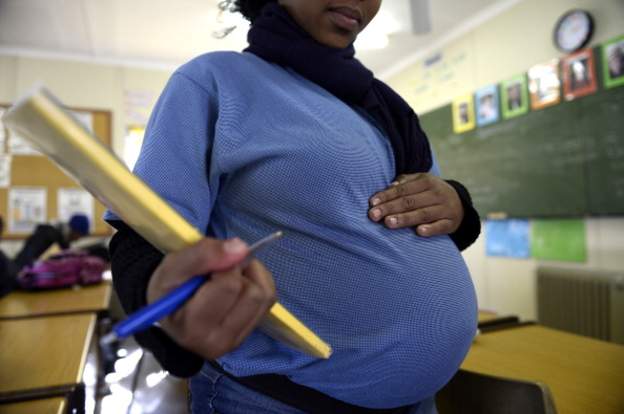The government of Sierra Leone on Monday announced the reversal of a ban placed on pregnant girls attending school.
Sierra Leone’s government has been under pressure to revoke the ban on pregnant female students after an African regional court ruled last year that the decision was unlawful.
The West African regional bloc Ecowas said the government of Sierra Leone’s decision to place such a ban on pregnant girls from school violates human rights charter of Africa.
The court asked the country to revoke the ban immediately and Monday’s announcement from the government means that Sierra Leone has adhered to the ruling.
Rights group, Equality Now and partners sued the government over the pregnancy ban at the ECOWAS court in 2018.
Sierra Leone insisted last year that pregnant girls will still not be allowed in school despite a policy to make education free for all.
In a statement the education ministry of Sierra Leone said “the 2010 decision by the government of Sierra Leone preventing girls from attending school is overturned.”
The government has now introduced what it calls “two (2) new policies focused on ‘Radical inclusion’ and ‘Comprehensive Safety’ of all children in the educational system.”
@PresidentBio & @MOBSSE_SL has overturned policy implemented by the previous govt in 2010 that prevented pregnant girls from attending school. We’ll replace w/ policies of #RadicalInclusion + #ComprehensiveSafety. #Data4DecisionMaking #SDG4 #SDG5 We’ll transform education in SL pic.twitter.com/9lAHorGG8R
— David Moinina Sengeh (@dsengeh) March 30, 2020
Prior to the reversal of the ban school girls who get pregnant while in school were stopped from also writing exams.
Sierra Leone introduced the ban on pregnant girls in 2015.
It was a move to deal with teenage pregnancies following a rise in rape, abuse and poverty during the outbreak of the deadly Ebola virus.
But rights activists however said the law rather increased shame and stigma for pregnant girls.
Countries like Tanzania and Equatorial Guinea also have similar bans and the latest ruling could send a message to such countries.
Source: Africfeeds.com



